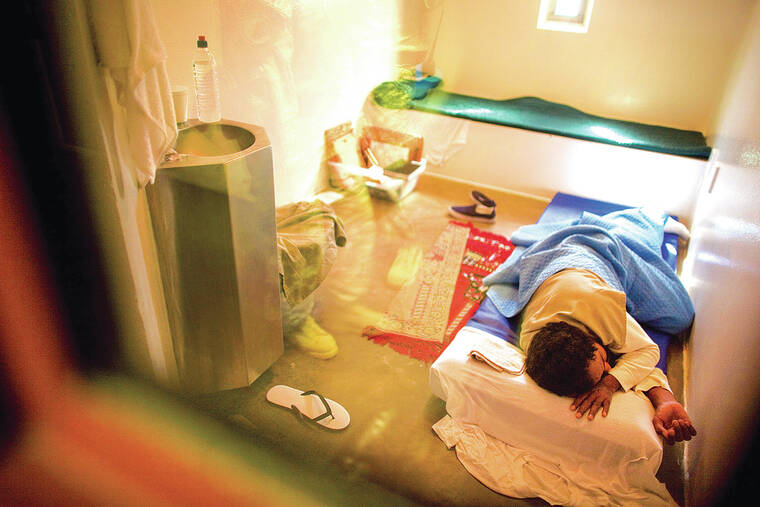Guantanamo detainees tell first independent visitor about scars from torture, hopes to leave
UNITED NATIONS — At the U.S. detention center at Guantanamo Bay, the aging men known by their serial numbers arrived at the meeting shackled. Every single one told the visitor — for many the first independent person they had talked to in 20 years — “You came too late.”
But they still talked, about the scant contacts with their families, their many health problems, the psychological and physical scars of the torture and abuse they experienced, and their hopes of leaving and reuniting with loved ones.
ADVERTISING
For the first time since the facility in Cuba opened in 2002, a U.S. president had allowed a United Nations independent investigator, Fionnuala Ní Aoláin, to visit.
She said in an interview with The Associated Press that it’s true she came too late, because a total of 780 Muslim men were detained there following the 9/11 terrorist attacks that killed nearly 3,000 people, and today there are just 30 remaining.
The United Nations had tried for many years to send an independent investigator, but was turned down by the administrations of George W. Bush, Barack Obama and Donald Trump.
Ní Aoláin praised President Joe Biden’s administration for allowing “critical voices” into the facility. And she expressed hope other governments that have barred U.N. special investigators will follow Biden’s example.
The Belfast-born law professor said she believes the cross-section of “high-value” and “non-high value” detainees she met with — the Biden administration gave her free rein to talk to anyone — “recognized the importance of sitting in a room with me.”
“But I think there was a shared understanding that at this point, with only 30 of them left, while I can make recommendations and they will hopefully substantially change the day-to-day experience of these men, the vast majority of their lives was lived in a context where people like myself and the U.N. had no influence,” she said.


